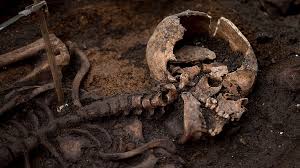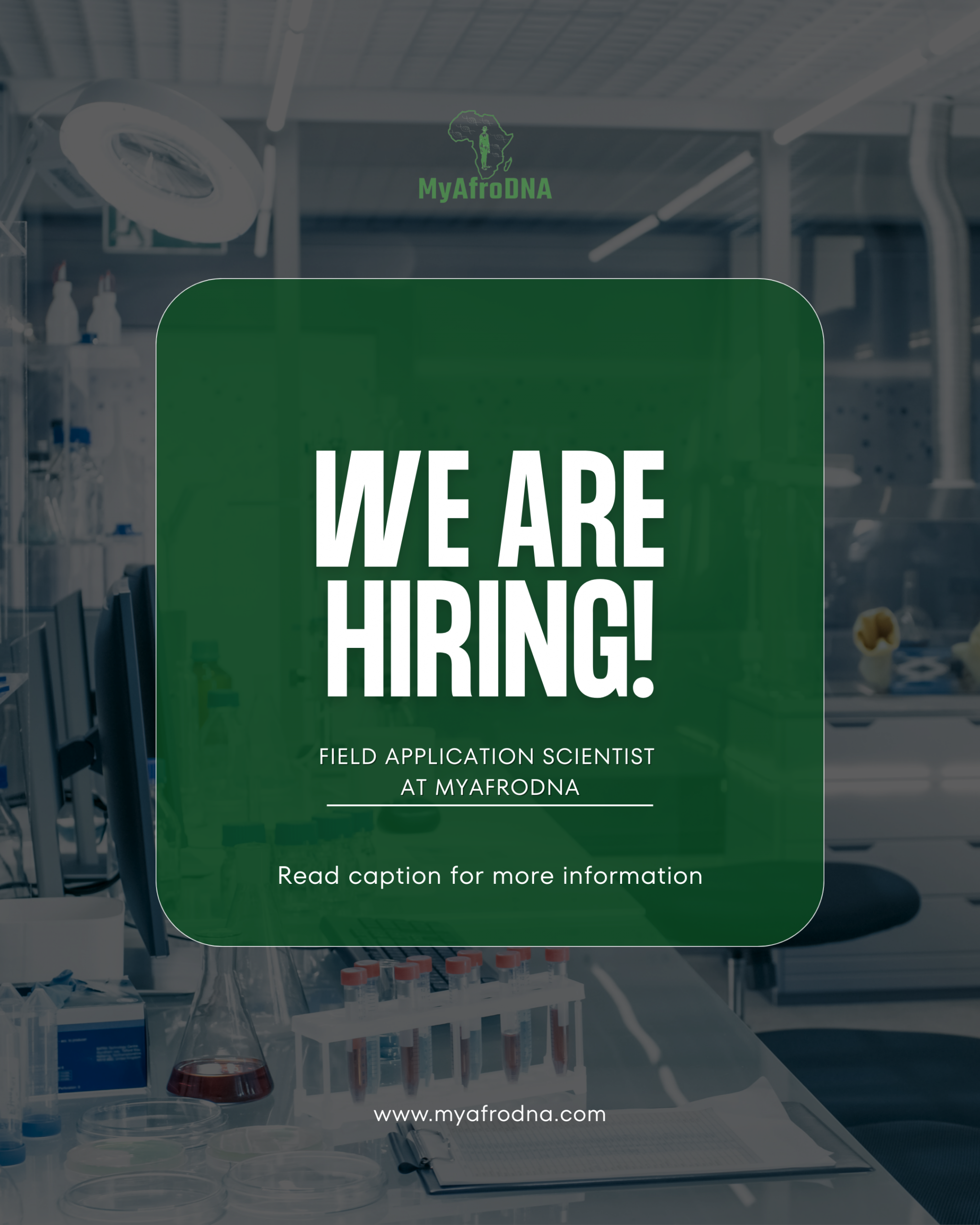A groundbreaking pair of studies published in Antiquity reveals compelling genetic evidence of West African ancestry in two individuals buried in seventh-century England. The first “West African ancestry in seventh-century England: two individuals from Kent and Dorset” was led by Professor Duncan Sayer of the University of Central Lancashire, examining the female burial from Updown, Kent.
The second, focusing on the male burial at Worth Matravers, Dorset, titled Ancient genomes reveal cosmopolitan ancestry and maternal kinship patterns at post-Roman Worth Matravers, Dorset, was led by Dr. Ceiridwen J. Edwards from the University of Huddersfield.
In both cases, mitochondrial DNA traced maternal lineage to Northern Europe, while autosomal DNA showed clear affinity with present-day Yoruba, Mende, Mandenka, and Esan groups, indicating a West African paternal grandparent.
The Updown burial included a Frankish pot and spoon suggestive of Christian or Byzantine connections, highlighting continental ties, whereas the Dorset individual was interred with local artifacts and a burial companion, underscoring full local integration.
These discoveries represent the first genetic proof of sub-Saharan African connections in Early Medieval Britain, reshaping our understanding of migration, identity, and social complexity in that era.
Read more about this discovery here.





